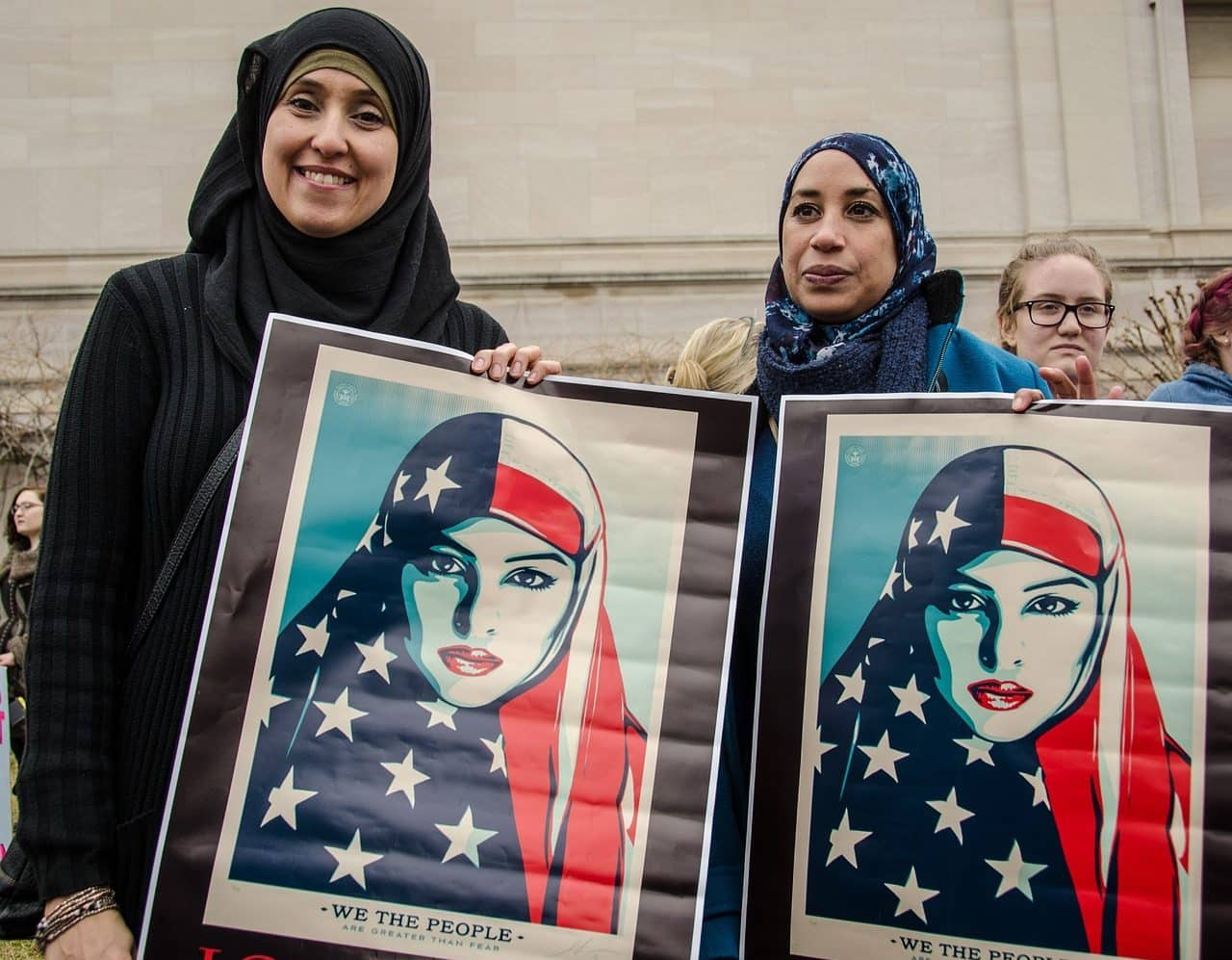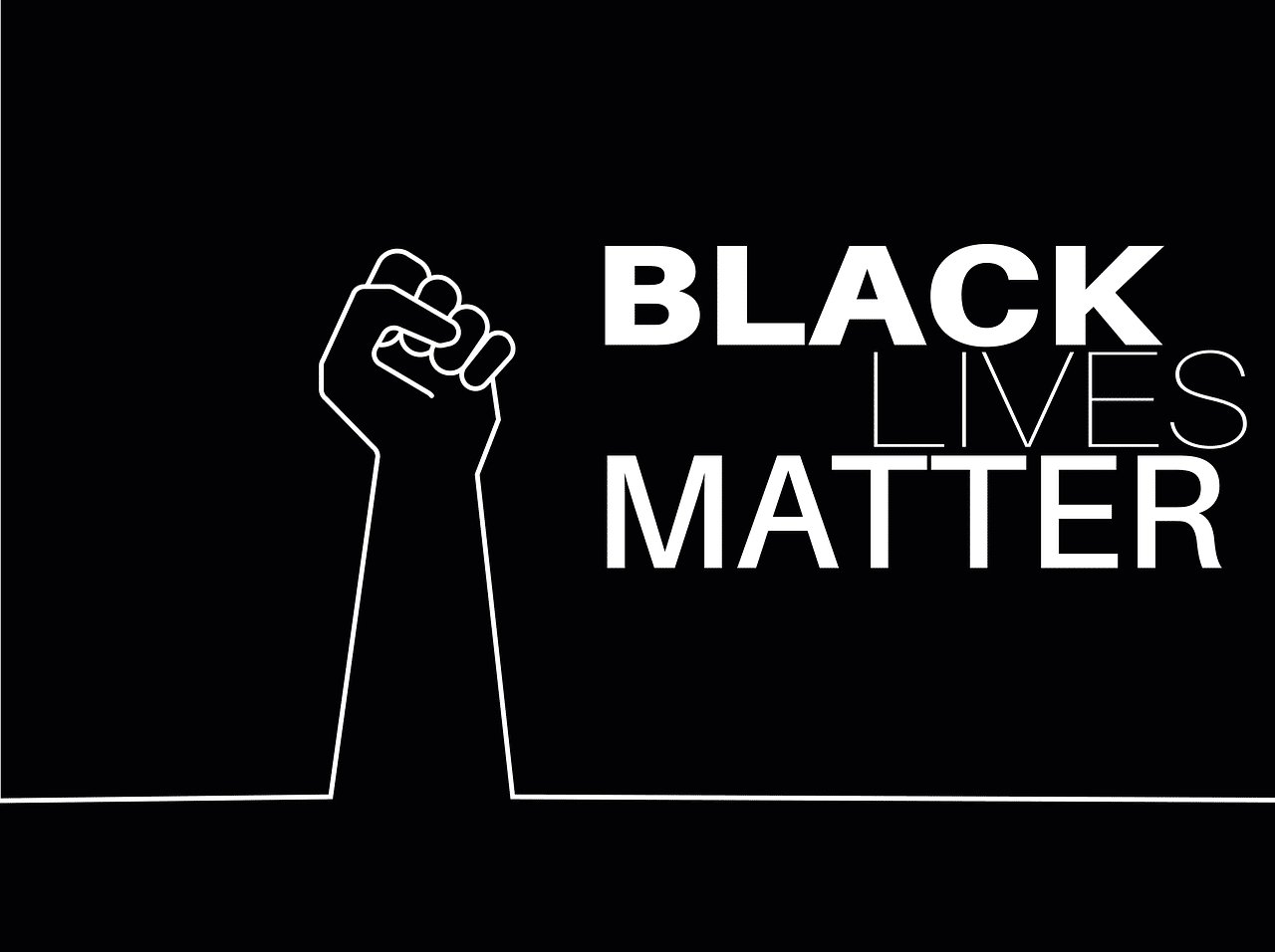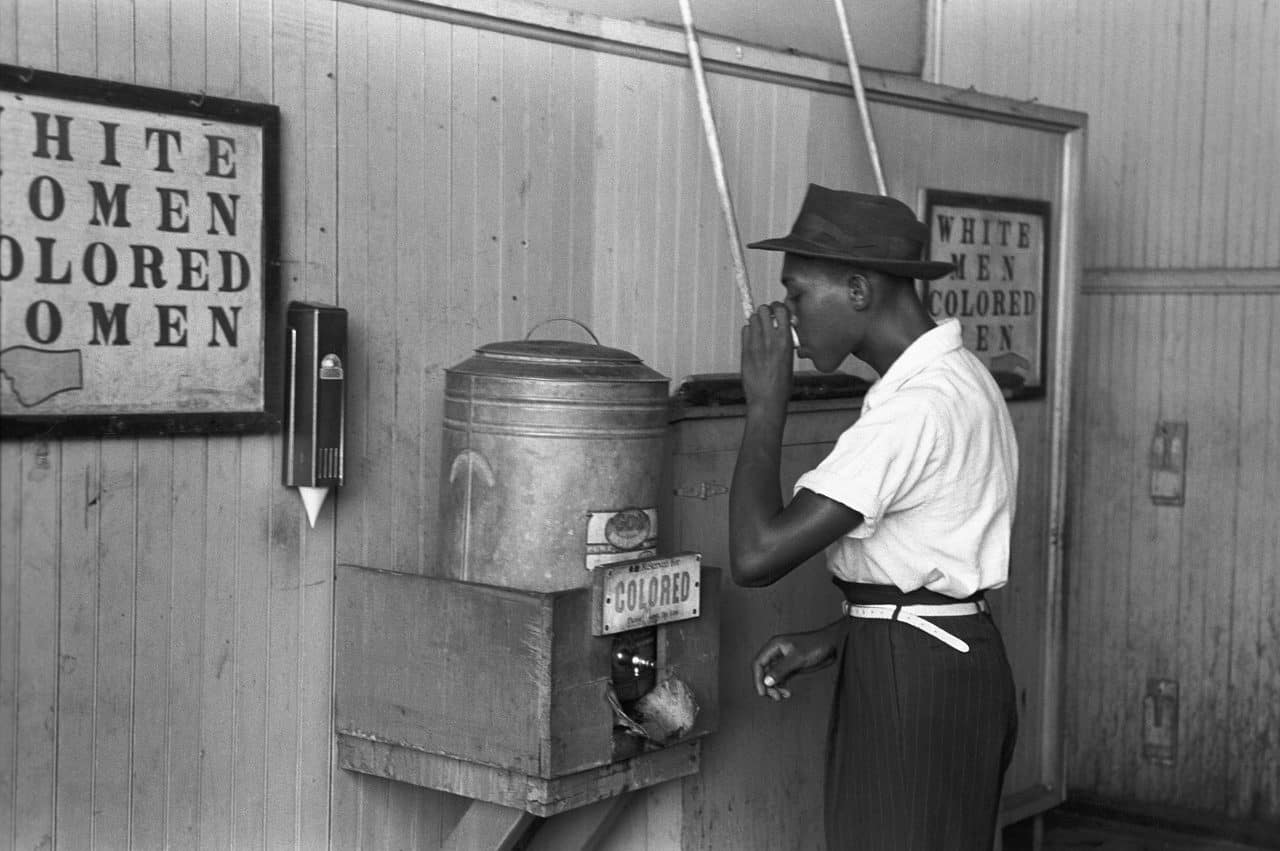
Racial discrimination is often based on cultural stereotypes.
Racial discrimination is the exclusion or preference of people due to issues related to their race . This distinction implies that some individuals see their rights violated.
Racial discrimination can be associated with racism , which is based on the belief in the superiority of one ethnic group over the rest. It is also often linked to xenophobia : the rejection of foreigners.
What is racial discrimination
Racial discrimination consists of providing different treatment to a community or a subject due to their biological or cultural characteristics . Although the concept of race is no longer usually used because throughout history it was used to stigmatize and generate social hierarchies, it is usually linked to skin color and other visible traits.
Since there is no precise delimitation of racial groups, this type of discrimination is based on a series of stereotypes and prejudices . The racist attributes certain characteristics to the members of a community due to their appearance, their traditions or their culture , marginalizing and persecuting said people because they are considered inferior or even harmful. We cannot fail to mention that all human beings, in addition to belonging to the same species, are 99.9% equal on a genetic level.
It is important to indicate that racial discrimination can manifest itself in different ways. It is expressed through verbal violence or other symbolic attacks, but also leads to physical attacks, murders and, when promoted by the State, even extermination plans .

It is important to combat racial discrimination by promoting inclusion and respecting diversity.
From microaggressions to genocide
It is necessary to understand that racial discrimination is always harmful and dangerous. Beyond the different scope of intolerance , with greater or lesser severity, it is essential to combat it.
That is why microaggressions must be condemned: those subtle behaviors that spread prejudice towards a community. These practices sometimes materialize through supposed humorous content or comments that seem irrelevant but have a symbolic meaning.
The aggression can also be direct, with insults or hits . In such cases it is already a crime . The situation becomes more complex when there is structural racism and institutional discrimination : thus, hatred is socially endorsed or even from the government.
In the most disastrous episodes of humanity, racial discrimination led to genocide : the planned and systematic extermination of a population. That was what happened with the Holocaust , when Nazism massacred Jews, Gypsies and other groups.

Racial discrimination generates economic inequality.
Examples of racial discrimination
Unfortunately, throughout history and even in the present, examples of racial discrimination abound. Despite the efforts of the civil rights movement to eradicate inequality , racist behavior was and is common in much of the world.
We can find everyday examples of racial discrimination when immigration is blamed for various economic or social problems . Sometimes it is argued that people of other nationalities who enter a country without documentation generate damage to the economy, without taking into account that they contribute to local wealth in different ways (with their labor force or paying taxes on each product they buy. , to mention two factors).
Racial discrimination also appears when there is no equal opportunity since certain groups have difficulties accessing employment. This particularity condemns the members of the group to poverty.
If we focus on anti-Semitism , it is evident that stigmatization continues to weigh on the Jewish people when its members are associated with greed or stinginess. In fact, the Royal Spanish Academy ( RAE ) recognizes a discriminatory meaning of the adjective Jewish, associating it with usury and greed.
Analyzing historical events, the regime of racial segregation known as apartheid legalized discrimination of this type in South Africa for several decades. Whites, a minority in that country, had multiple privileges compared to blacks. Only at the beginning of the 1990s was the legal system that supported this discrimination dismantled.
Racial discrimination, on the other hand, is a social problem with a long history in the United States . Groups that defend white supremacy, such as the Ku Klux Klan , carry out different types of attacks against people of African descent.
Although the Ku Klux Klan and other related movements are a minority, racial violence often emerges. In 2014 , after the murder of African Americans Eric Garner and Michael Brown by police officers, the Black Lives Matter movement emerged which, with demonstrations and protests, called for an end to discrimination.
The importance of activism
Activism has been key in the fight against racial discrimination and, as can be seen with Black Lives Matter , it continues to be so. Millions of anonymous people made their contribution to change reality, while several civil rights leaders and personalities went down in history for their social impact in combating ethnic, religious and racial discrimination.
Martin Luther King Jr., Rosa Parks y Malcolm X, entre otros, son reconocidos por enfrentar el racismo. Cada uno con sus métodos y acciones consiguió evidenciar y denunciar las injusticias raciales.
